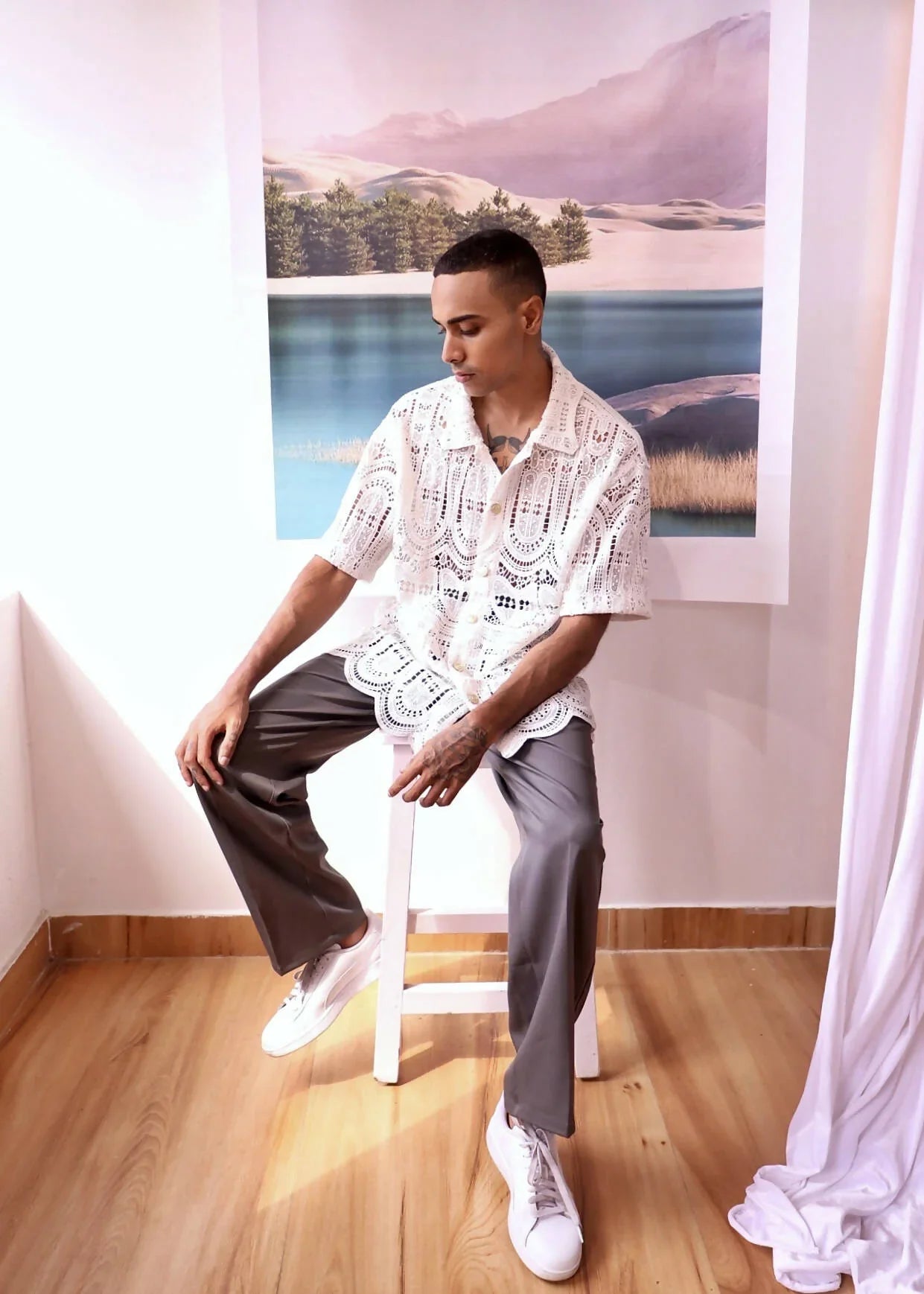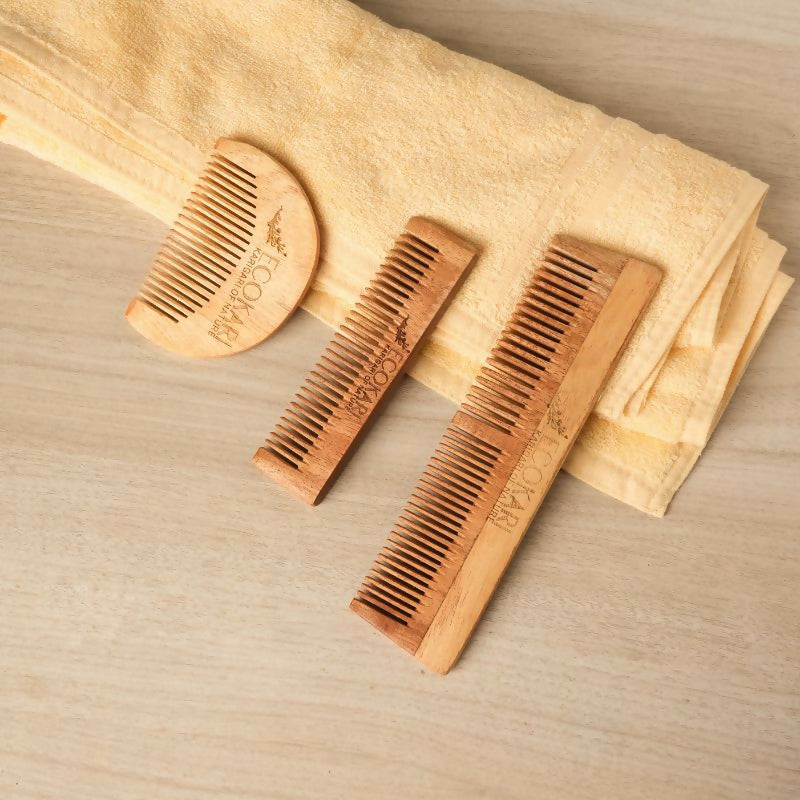Shotaro Oshima: Studio Sozai Center

The Japanese research and design institute Sozai Center is a material-culture research and design institute founded to translate craft for sustainability. Architect and educator Shotaro Oshima is the creative founder. He comes from an architecture background, and his project through Sozai focuses on material innovation that addresses waste while creating a vegan alternative through their most popular Adam sheet, a form of apple leather made from apple waste.
The Adam sheet material is produced by Sozai Center in collaboration with KOMORU Corporation and the design unit M&T. It uses 100 percent apple pomace from the apple-production region of Aomori Prefecture in Japan. Pomace here includes the leftover core, peel, seeds, stem, and unusable fruit after juice or cider extraction.
The apple pomace is collected locally, dried or powder-processed, and then turned into sheet material without artificial colouring, and the reddish flecks come from actual apple parts. The sheets have qualities such as water resistance and washable maintenance.

(Image credit- Sozai Centre Adam Sheet)
The sheet has been used for accessories like wallets and pouches, and is envisioned for applications in furniture or interior finishes, and most importantly in fashion.
In Aomori Prefecture, a major apple-producing region, agricultural waste from apples (pomace) is a significant issue, with cores, skins, stems, and rejects accumulating. Sozai Center turns this into a material opportunity.
While many so-called plant leathers exist, Adam offers a vegan, animal-free alternative while retaining a tactile, durable character similar to traditional leather or heavy fabric. The visible flecks of apple peel and stem lend a material aesthetic that intentionally speaks craft and authenticity.
In an era of synthetic "vegan leathers" (often PU or PVC) that still derive from petrochemicals, Adam leans into local biomass and avoids artificial colouring and heavy finishes.
Circularity means moving away from linear extraction and waste. Projects like Adam show how local agricultural waste can become high-value material. With increasing scrutiny on leather (animal welfare, deforestation), food-waste-derived materials offer new potential.
For anyone interested in sustainable material innovation and circular design, Sozai Center presents a compelling case study.






Leave a comment